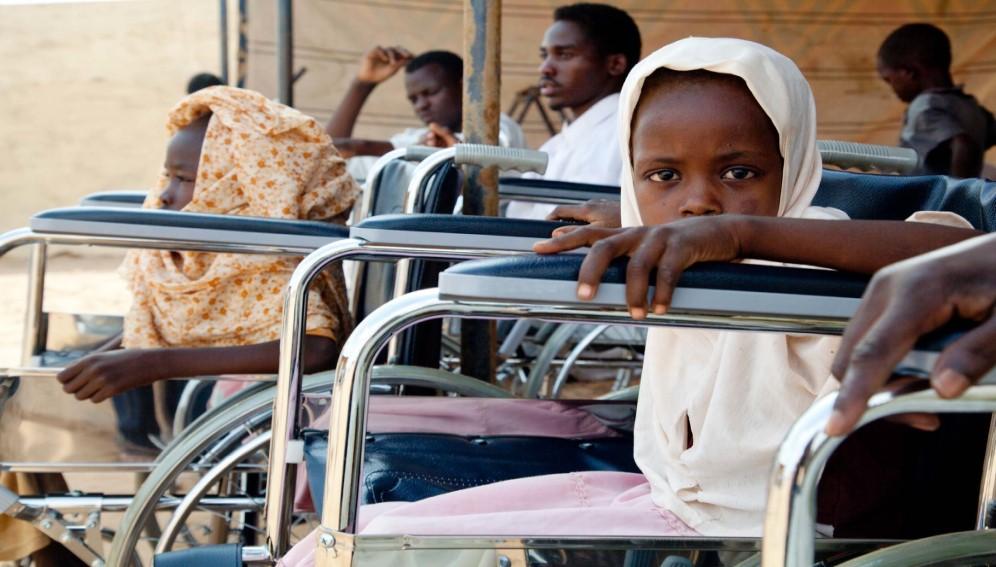State efforts in terms of health care subsidies
Health is priceless but it still remains unaffordable despite some small notable efforts in some states. In Morocco, the medical coverage policy has been ongoing since 2008 after the decree implementing the medical assistance scheme to establish the right to health for all citizens in order to establish true universal health coverage. In Nigeria since 2014, the Ukana West 2 Community Health Insurance Plan (CBHI) ensures equitable access to quality health services for all. In Kenya, the government is further extending its universal health coverage based on the experiences of the pilot phase initiated in 2018 in four of its 47 counties, focusing particularly on the reform of its national hospital insurance fund, among other things.
Also read : Soin de santé de qualité : entre pénuries et clochardisation du personnel.
South Africa has focused after a new presidential health pact in 2019, its progress towards universal health coverage in the form of a national health insurance scheme and a five-year roadmap to strengthen and reform its health system. In Cameroon, the State launched its experimental phase of universal health coverage in 2023 in the locality of Mandjou (East Cameroon). Its target population is pregnant women, children aged 0 to 5 and certain elderly people. It will be limited on the one hand to sensitization, prevention and treatments such as that of malaria, those already free such as that of HIV carriers and those who make the disease, that of those who suffer from tuberculosis and onchocerciasis, and on the other hand, treatments at reduced prices concerning dialysis patients.
If the salvation of the health system in Africa lies in the achievement of true universal health coverage, one wonders how to get there when most African countries have not yet reached the objectives set by the agreement of Abuja (2001) namely: to build the future of health in Africa by allocating each year, 15% of the national budget to the health sector. Are the experimental phases not a means of trying to correct an unacknowledged failure by most of the States which have given their word? How to relieve the pain of populations with only 1.3% of health professionals in the world according to the United Nations Development Program, and with traditional medicine which still remains in the informal sector despite multiple proofs of its effectiveness?
English|French

